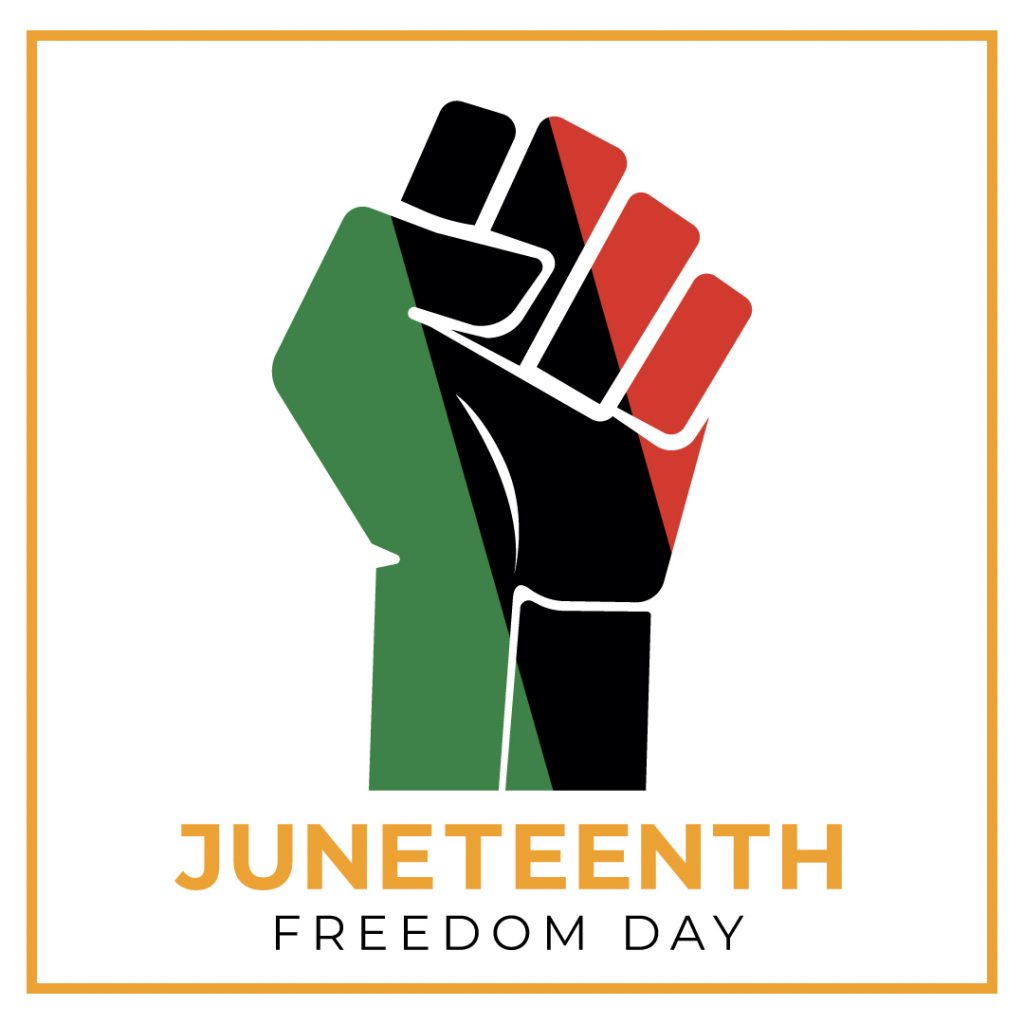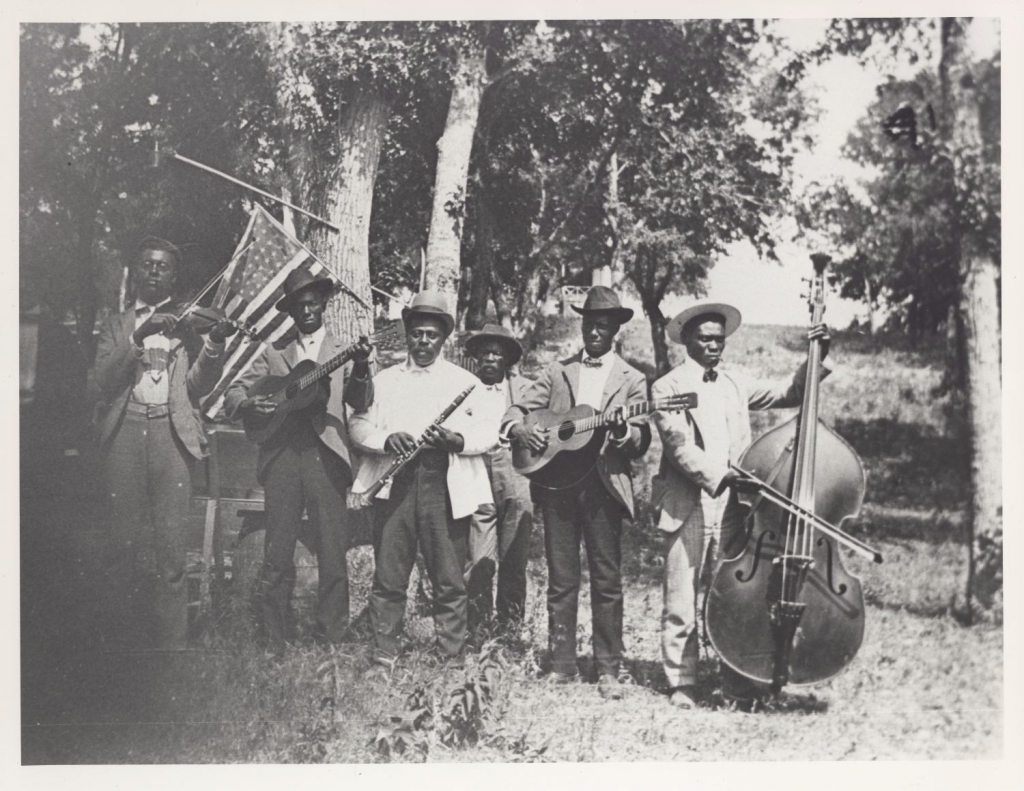For the first time in almost 40 years, Congress established a new national holiday: Juneteenth. In such a politically polarized world, the quick bi-partisan support for this holiday should not go unnoticed. The Juneteenth National Independence Day Act passed unanimously in the Senate on Tuesday, June 15. It passed the House the next day, 415-14, and then yesterday June 17, it was signed into law by President Joe Biden. Something that passed so quickly and with such bipartisan support must be understood. After all, it is now our 11th federal holiday.

Juneteenth commemorates June 19, 1865, when Union Army Maj. Gen. Gordon Granger announced in Galveston, TX that the 250,000 enslaved men, women, and children in the state were free. While they were technically free as early as January 1, 1863 when Abraham Lincoln signed the Emancipation Proclamation, because Texas never fell to U.S. troops during the Civil War, it took two and half more years for the news to reach them. Beginning that day, Black Texans would celebrate its anniversary every year after.

For over 150 years, Black Americans have celebrated this joyous holiday. For many years, to come, all Americans will celebrate it. Juneteenth is for all of us. Historian Eric Foner has called Reconstruction, the period after the Civil War, America’s second founding. The first 100 years of our nation’s history was defined by a great paradox: Celebrating liberty while spreading slavery. In order to begin the ongoing process (which we still must pursue, after all, even the founder’s acknowledged the task of forming “a more perfect union”) of living to our creeds, the nation had to abolish slavery. Juneteenth is a clear way to celebrate this second founding in the same way that we celebrate our first founding every July 4th.

There is also something incredibly significant about adopting a holiday to celebrate this second founding, not on some anniversary of a legislative act, but on a day that Black Americans have celebrated for a century and a half. By honoring a day that has such a rich cultural heritage, the government reminds us that federal holidays are for the people. Black Americans have set the tone for celebrations of this day over generations, it is now fitting for the rest of America to join the celebratory chorus.
On July 5th, 1852, Frederick Douglass reminded his Rochester, NY audience of America’s double standard in celebrating Independence Day every July 4th.
What, to the American slave, is your 4th of July? I answer: a day that reveals to him, more than all other days in the year, the gross injustice and cruelty to which he is the constant victim. To him, your celebration is a sham; your boasted liberty, an unholy license; your national greatness, swelling vanity; your sounds of rejoicing are empty and heartless; your denunciations of tyrants, brass fronted impudence; your shouts of liberty and equality, hollow mockery; your prayers and hymns, your sermons and thanksgivings, with all your religious parade, and solemnity, are, to him, mere bombast, fraud, deception, impiety, and hypocrisy — a thin veil to cover up crimes which would disgrace a nation of savages. There is not a nation on the earth guilty of practices, more shocking and bloody, than are the people of these United States, at this very hour.
Frederick Douglass, 1852
Douglass rightfully condemned the hypocrisy of celebrating July 4th in a nation that enslaved millions. Now, we get to celebrate Juneteenth as the day our new republic began. Not perfect, but more perfect. Tomorrow is a big day. It deserves any respect we hold for the 4th of July. So let’s celebrate!